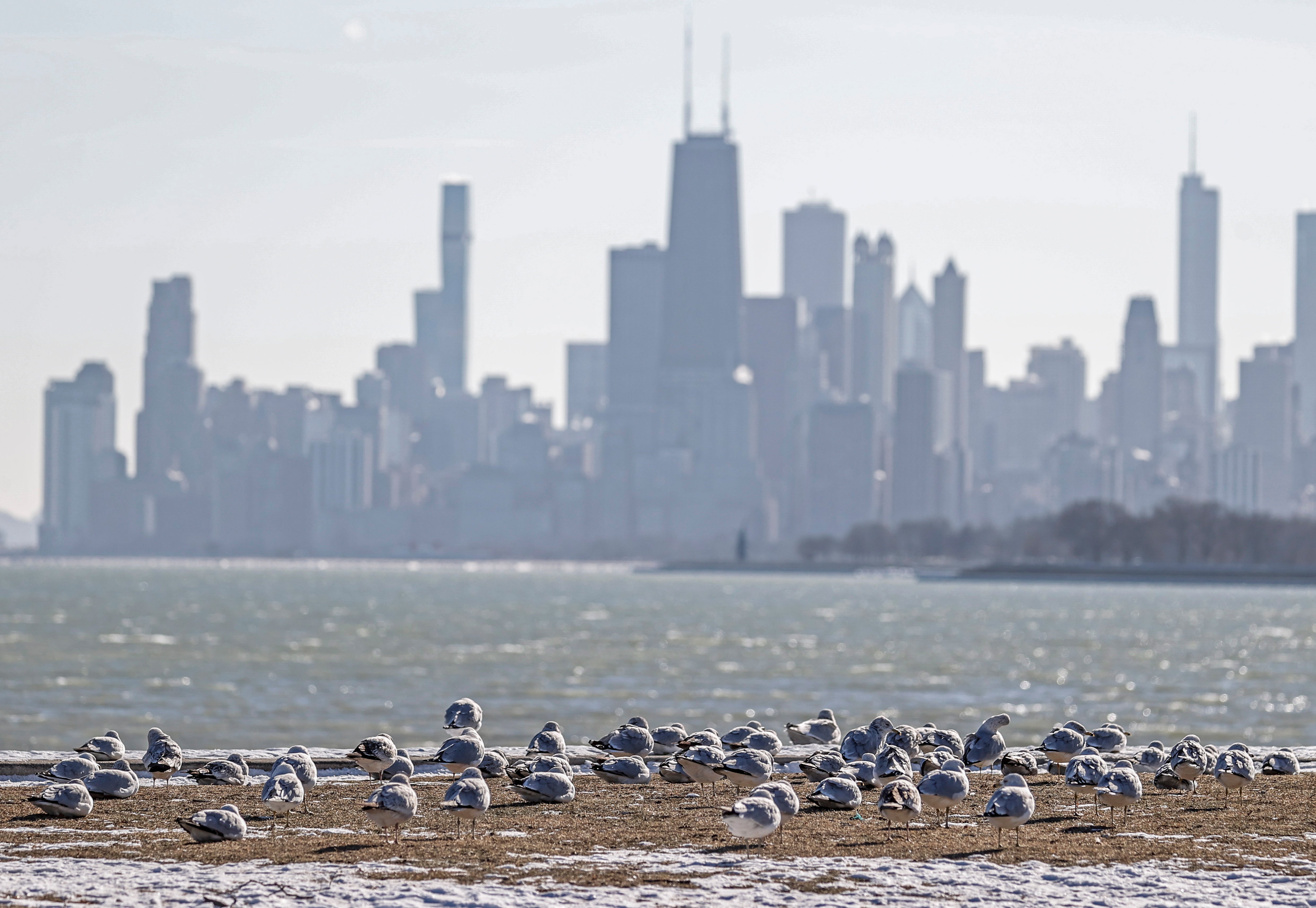Will Eurostar be increasing its London to Paris service soon?
Simon Calder answers your questions on international travel rules and the latest on testing


Q Do you have any insight as to whether Eurostar will be increasing the frequency of service from London to Paris in the next few weeks? There’s only two a day at the moment.
Jonathan L-T
A Like ferry companies, Eurotunnel and the airlines, Eurostar has seen demand fall, rise and fall again over the past 22 months as draconian restrictions have been imposed alternately by the UK and France – most recently the closure of the French frontier to British travellers.
Before the coronavirus pandemic the train operator linked London with Paris a dozen or more times a day, with additional services to Disneyland Paris, as well as Lille, Brussels, Rotterdam and Amsterdam.
During the spell of almost four weeks over Christmas and the New Year, when the travel ban was in place (which, incidentally banned leisure travel from France to the UK as well as in the opposite direction), Eurostar cut services to the capital right back. As you say, there are just two daily trains in each direction: from London at 8.01am and 4.31pm, and from Paris at 9.12am and 5.13pm. It reminds me of the very earliest days of the Channel Tunnel link.
However, more services are being laid on. This coming weekend, for example, there are five a day on Friday and Sunday. Then, from Sunday 6 February the frequency suddenly increases to seven or eight a day, and a week later it is up to nine daily departures.
Happily, with a higher supply of seats, fares are slowly falling: by mid-February there are plenty of tickets at £75 one-way and some at £60.
While there is no absolute guarantee that all those trains will run, I believe it is very likely they will go ahead – and furthermore that others will be added between now and February to smooth the supply profile. The sudden (an rather shambolic) opening of the French border has spurred demand, and I speculate that this week more trains will be added for the spell up to 5 February.
I predict that a middle-of-the-day service will be first to appear, followed by an early morning and late evening departure in each direction. The next step: some promotional activity to fill off-peak seats, which should see some tickets at £49.50 each way.

Q I have a short trip to Chicago booked in March and have been told by US friends that it’s not a safe city to visit. Is this true?
Robert W
A Ex-president Donald Trump repeatedly deplored the dangers of this Democrat-voting city. The notion that big cities – which are predominantly opposed to the Republican right – are violent and degenerate plays well to his support base.
Having said that, the figures fully support his case. Chicago suffered far more murders in 2020 than any other US city. There were 771, an average of one every 11 hours, and significantly worse than in the whole of the UK.
For comparison, New York had 468 murders in 2020, Houston 400 and Los Angeles 351. Provisional figures for 2021 suggest an even higher number, and five days ago the Chicago Tribune reported that the sad tally of victims is continuing at a similar rate so far this year. This is a nation that champions the right to bear lethal arms.
Relative to its population, too, Chicago was about as bad as it got in 2020; Memphis and New Orleans had awful murder rates, but not quite as tragic. Yet I would happily visit any of those great cities tomorrow (were it not for the bitter winter cold in Chicago, currently well below freezing) with barely a thought for my safety.
As the Foreign Office rightly observes for the whole of the US: “Violent crime, including gun crime, rarely involves tourists.” In Chicago, as in other American cities, homicide is often related to the drug trade and usually happens well away from anywhere that could be described as a tourism area.
So stay alert, but don’t allow alarm to spoil your trip.

Q My wife and I have booked a long weekend in Greece next month and planned to get “a negative Covid-19 PCR test, undertaken within the 72-hour period before arrival into Greece” as required. However, we’ve both just caught Covid and the general advice seems to be that you should not take a PCR test within 90 days as it may give a false positive.
There is an alternative, which is to show a rapid antigen test 24 hours before arrival. The problem is that once I add in four hours’ flying time and two hours’ check-in, this only leaves an 18-hour window “before arrival into Greece” to get a test and have it processed.
Since my flight is at noon, I have to have a very high level of confidence in the turnround time if I get a test at Heathrow that morning – can you recommend a reliable provider at or near the airport?
Paul R
A Sorry to hear you have both caught Covid. I hope you are doing well.
First, allow me to point out that the current Greek rules apply only until 24 January at present, and may change significantly after that. But let us assume they remain the same. I am intrigued that anyone would choose a PCR test over rapid antigen/lateral flow, given that the former is more expensive and, crucially, much slower. The time taken would worry me more than the possibility of a false positive, which I believe to be a low risk.
In contrast, I have had plenty of at-airport rapid antigen tests and they are indeed rapid. The fastest (in 10 minutes) was at Berlin airport, the slowest (about half an hour) at Manchester airport.
ExpressTest has test centres at each of the three Heathrow terminals currently being used (Terminal 2, 3 and 5). The standard price is £35, but you may find your airline has a discount code you can use.
ExpressTest says: “We aim to deliver your lateral flow results in 40 mins from your sample being taken.” But I am sure it will be faster than that. For a noon flight such as yours, I would turn up at Heathrow no earlier than 9am.
Email your questions to s@hols.tv or tweet @SimonCalder






Join our commenting forum
Join thought-provoking conversations, follow other Independent readers and see their replies
Comments